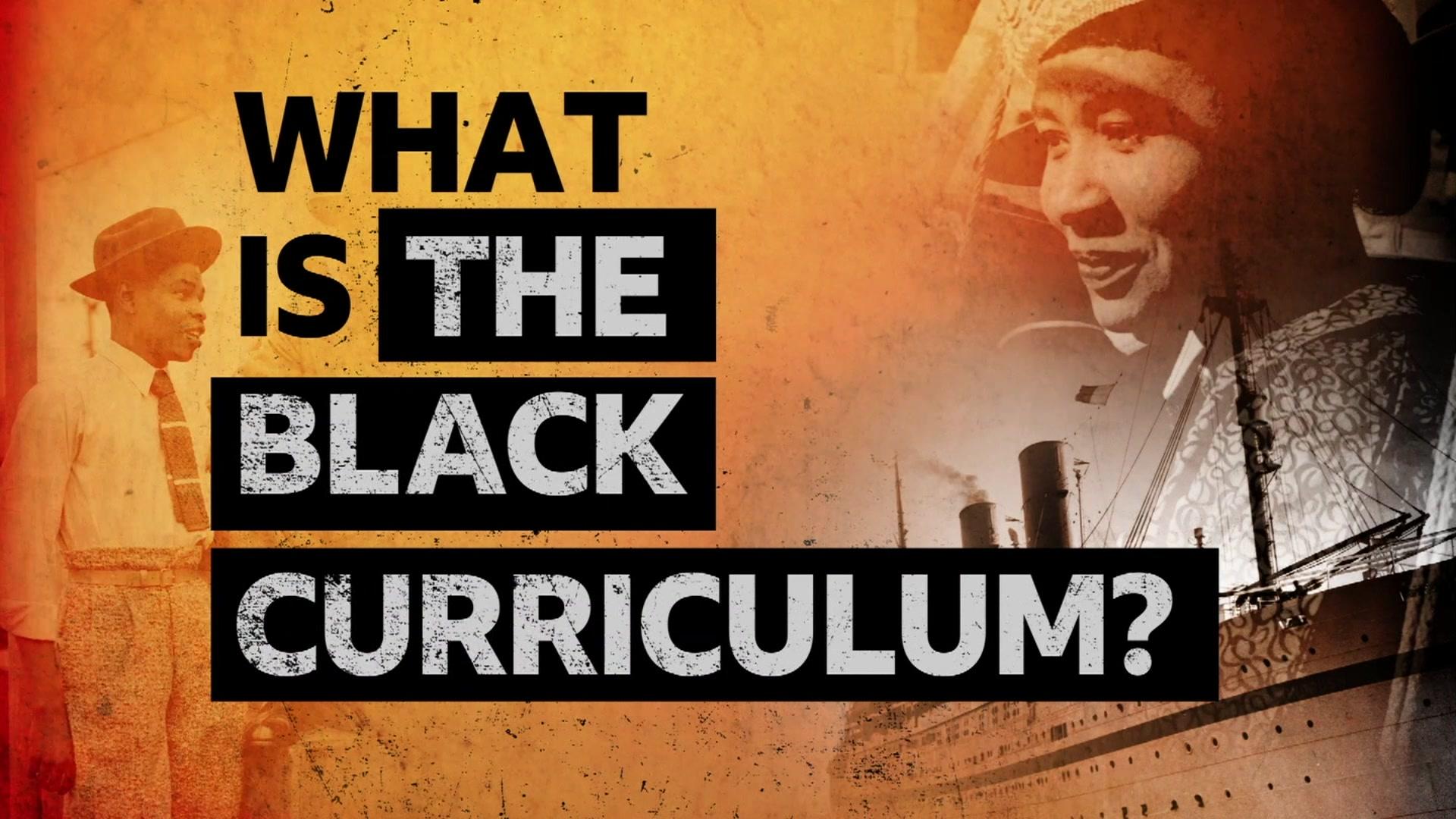Could you teach your teacher about climate change?
- Published
- comments
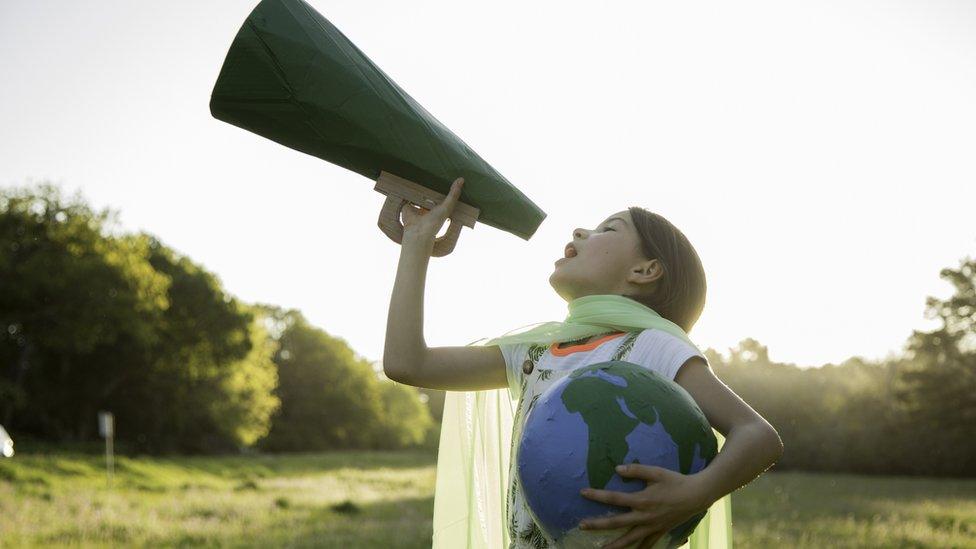
Secondary school children will be swapping roles with their teachers this week - as they give the grown-ups lessons on climate change.
The role reversal is part of 'Teach the Teacher', a campaign created by a global group of students who say they are frustrated at the lack of climate education in schools.
During September and October, pupils from 21 countries and 45 schools across the world are taking lessons using the most up-to-date climate science.
Countries involved include the UK and other nations particularly at risk from the damaging effects of climate change such as Bangladesh, India and Ecuador.
Last month scientists from the United Nations published a report that said the link between humans and climate change is a "statement of fact".
The report said that if countries across the world take steps to reduce greenhouse gas emissions, then it could help to stabilise the Earth's rising temperatures.
In November, Glasgow is hosting COP26, a meeting of world leaders to discuss what should be done to tackle climate change.
And, as part of COP26, politicians responsible for education will come together as part of 'Youth Day' on 5 November.
BBC science and environment correspondent Victoria Gill answers YOUR questions
Climate change education should no longer be a privilege but rather something that is available to all.
The Teach the Teacher campaign has been organised by students from Mock COP26, a group of young climate activists from across the globe. They say they hope the campaign will encourage "meaningful action" from politicians to prioritise climate education in schools.
As well as explaining the urgency of the climate crisis, organisers also want school lessons to focus on climate solutions, to help those who feel anxious about the impact climate change is having on the environment.
Climate Anxiety: Are adults listening to young people and do protests work?
Climate education in UK schools
Although you might learn about climate change in lessons as part of geography and science, it isn't a school subject in its own right or part of the curriculum.
In March a survey of 7,682 teachers in the UK found that 70% said that they had not received enough training to educate their students on climate change.
In England, a Department for Education spokesperson explained that learning about climate change is included as part of other school subjects and teachers can teach more about the topic if they want to:
"It is vital that young people are taught about climate change, which is why relevant topics are included in the national curriculum for both primary and secondary schools. Teachers have the freedom to expand on these areas if they wish to do so.
In Scotland, a spokesperson from Education Scotland said: "Learning about climate change is already an integral part of the curriculum in Scotland", and went onto explain that as part of Scotland's Curriculum for Excellence (CfE) children "gain the knowledge and skills for life in the 21st century".
They added that they will continue to promote "climate justice education" with a focus on giving teachers the confidence to teach climate education as part of their lessons.
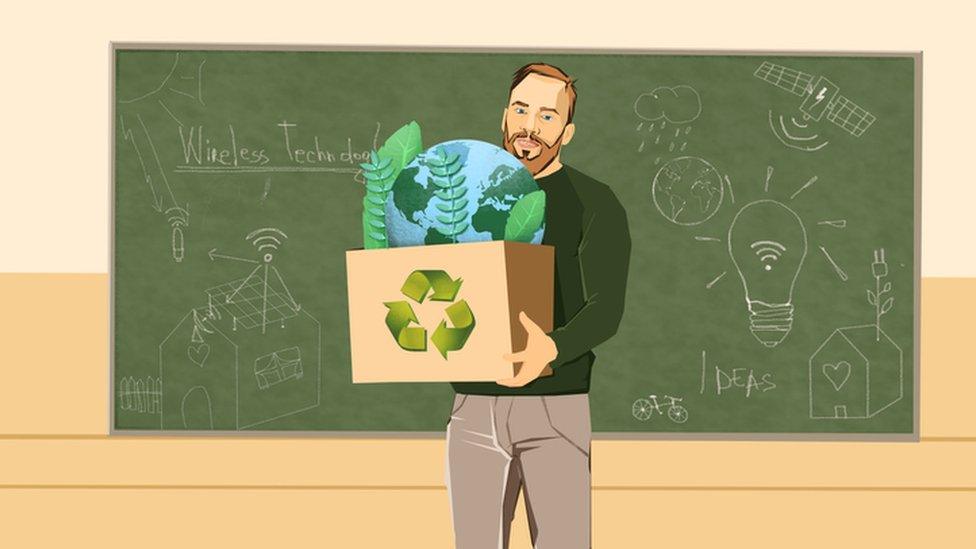
A Welsh Government spokesperson said the new school curriculum in Wales has been "strengthened" to make sure children are taught about the "climate emergency".
"The curriculum will enable major issues such as climate change to be taught across many areas of learning," they added, explaining climate education now features as part of several subjects taught in Welsh schools.
The Department of Education in Northern Ireland said environmental issues are included as part of lessons in various subjects, so that "pupils develop respect for the needs of both present and future generations and act towards promoting an improved environment."
The part of the curriculum in Northern Ireland is called "Education for Sustainable Development", which is taught as 'The World Around Us' (under Geography and Science and Technology) for primary schools and in post-primary schools it is included in lessons such as "Environment and Society' (under Geography and History).
"Pupils have the opportunity to appreciate the environment, their role in maintaining and improving it and understand how their actions can affect the world around them," a spokesperson added.
Aishwarya Puttur from Teach the Teacher said: "Education for all is a human right, and education about a crisis that is currently upon us and will affect each and every one of us is also a right.
Climate change education should no longer be a privilege but rather something that is available to all."
- Published3 March 2020
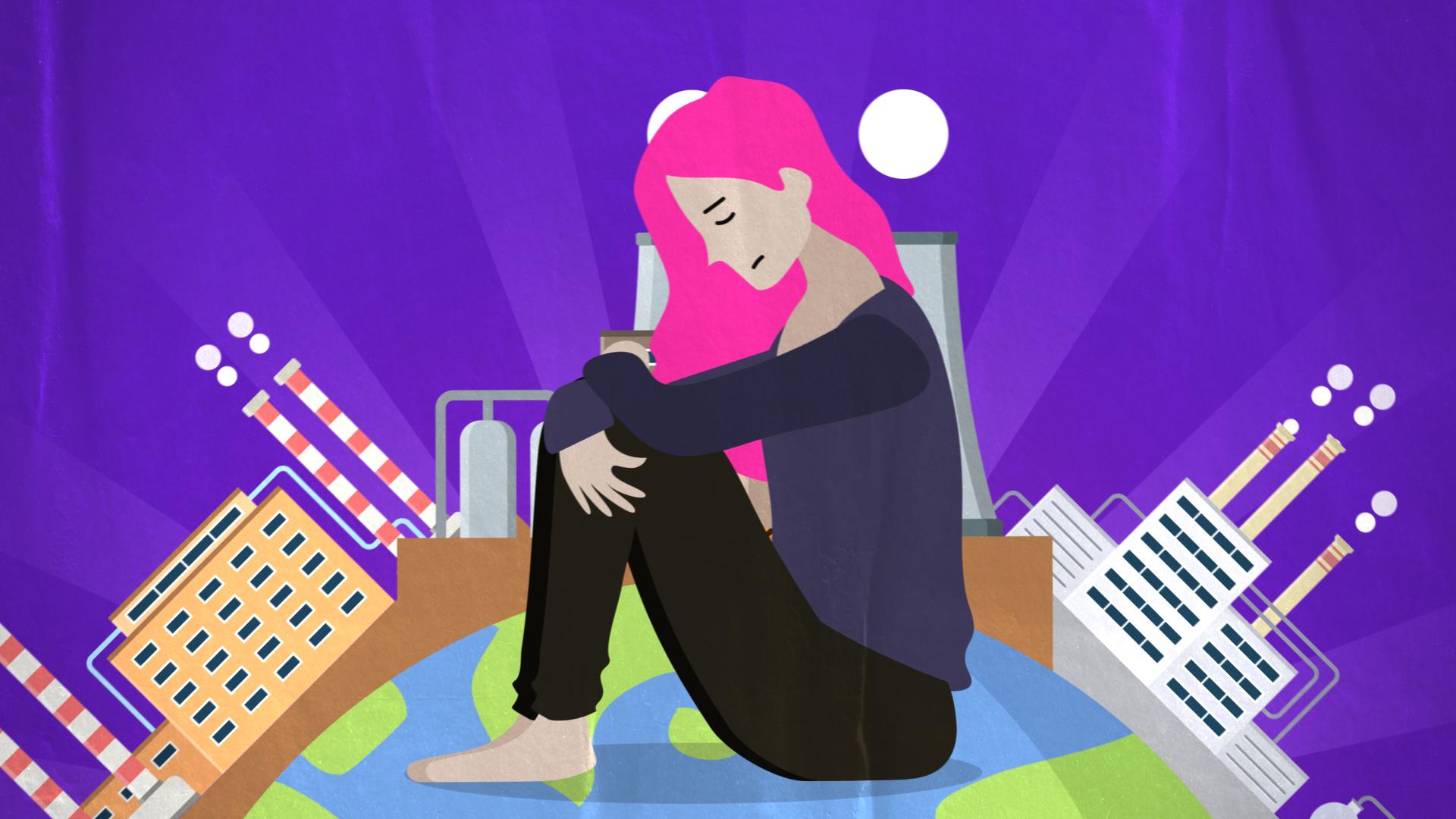
- Published7 November 2019
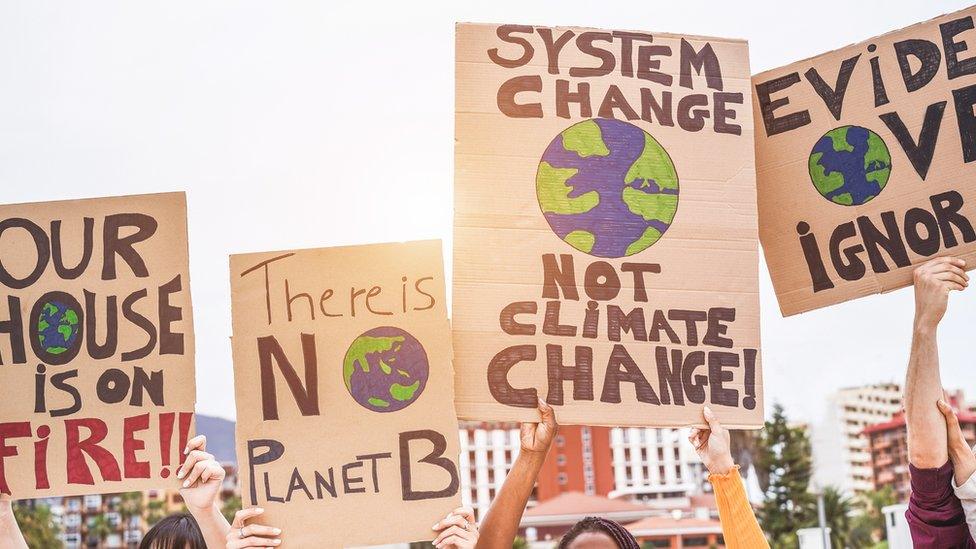
- Published2 July 2020
